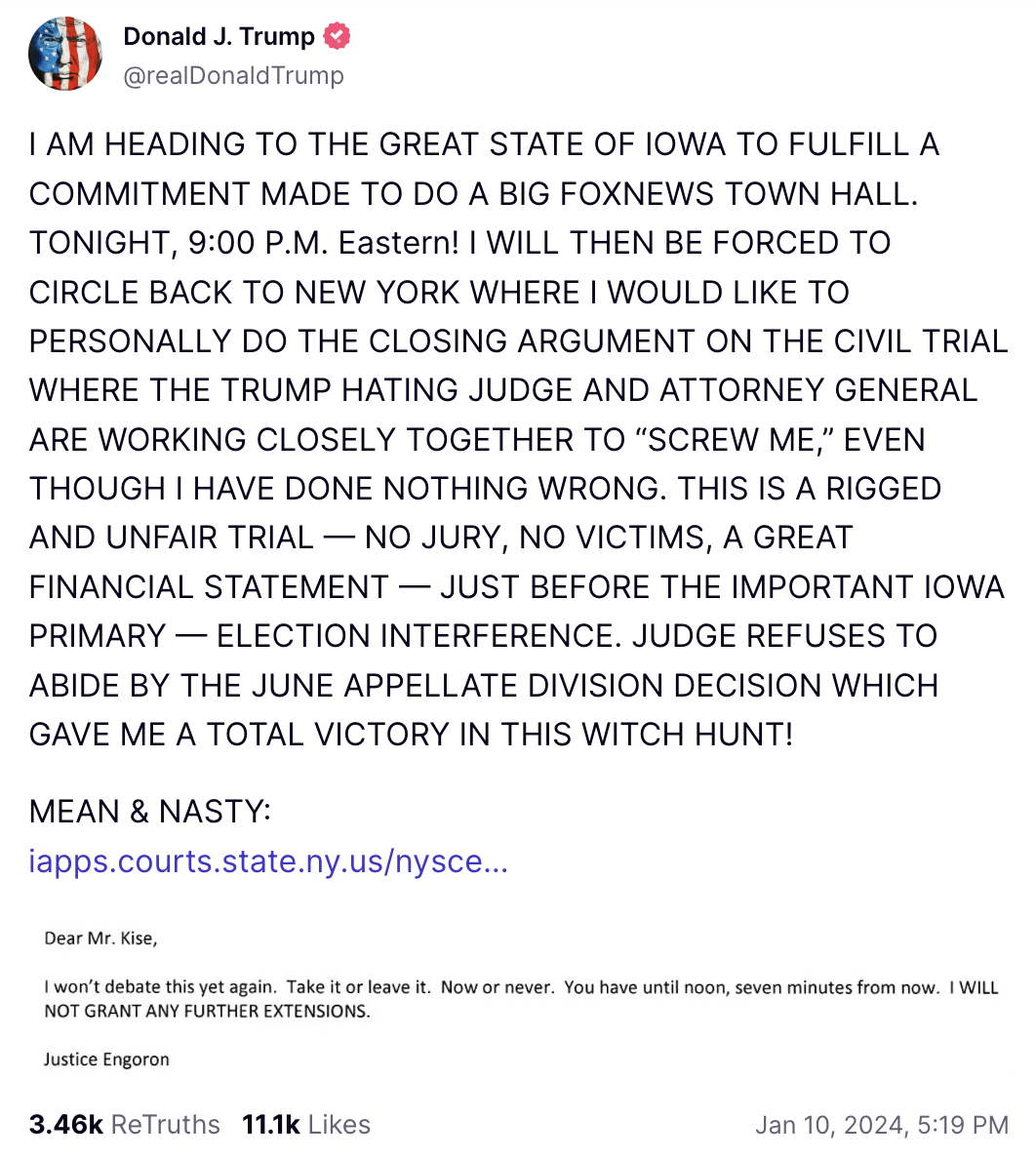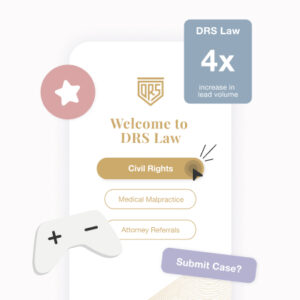For
the
last
few
days,
billionaire
Bill
Ackman
has
slowly
developed
the
callouses
that
a
lifetime
spent
as
a
prep
school
and
Ivy
League-educated
finance
bro
denied
him.
Taking
full
advantage
of
the
expanded
character
limit
for
Bluechecks,
Ackman’s
busy
thumbs
have
typed
out
lengthy
screeds
against
Business
Insider
for
reporting
that
Ackman’s
wife,
MIT
professor
Neri
Oxman,
lifted
passages
from
others
without
attribution
for
her
dissertation
and
lifted
directly
from
Wikipedia.
Best
$8/month
this
guy
ever
spent!
Ackman’s
even
asked
“the
@X
legal
community”
if
he
should
file
a
defamation
suit.
If
he
ever
gets
around
to
talking
to
a
real
lawyer,
they
might
want
to
tell
him
to
shut
up.
Ackman’s
social
media
frenzy
began
last
month
when
he
threw
himself
into
the
effort
to
fire
Harvard
president
Claudine
Gay,
ostensibly
for
giving
bad
answers
to
questions
to
legislators
deeply
concerned
about
antisemitism
on
campus.
That
the
legislator
in
question,
Elise
Stefanik,
has
openly
pushed
the
Great
Replacement
Theory
didn’t
seem
to
factor
into
the
equation.
Gay,
like
now-former
Penn
president
Liz
Magill,
delivered
entirely
accurate
accounts
of
how
free
speech
is
supposed
to
work
—
to
wit,
no
matter
how
vile
the
statement,
it’s
not
punishable
unless
it
crosses
into
harassment.
Reasonable
minds
can
quibble
about
when
speech
constitutes
harassment,
but
there’s
at
least
some
point
where
speech
is
just
speech.
Magill
resigned,
but
Harvard
stood
behind
Gay,
prompting
critics
like
Ackman
to
seek
out
new
attacks
against
her,
ultimately
settling
on
allegations
that
she
committed
plagiarism.
While
Gay
would
ultimately
resign,
the
accusation
was…
comical:
Not
to
go
all
Frank
Easterbrook-textualist
here,
but
when
you
write
about
statutes,
you’re
kind
of
limited
to
THE
TEXT
OF
THE
STATUTE.
But
Ackman
ate
this
stuff
up,
becoming
social
media’s
biggest
defender
of
academic
purity
in
the
name
of
forcing
Gay
out.
And
then
along
came
Business
Insider
asking
the
reasonable
question:
“I
wonder
if
Ackman’s
wife
has
ever
copied
anything
that
would
meet
Ackman’s
standard?”
The
investigation
appears
to
have
turned
up
some
verbatim
or
near
verbatim
copying.
Like…
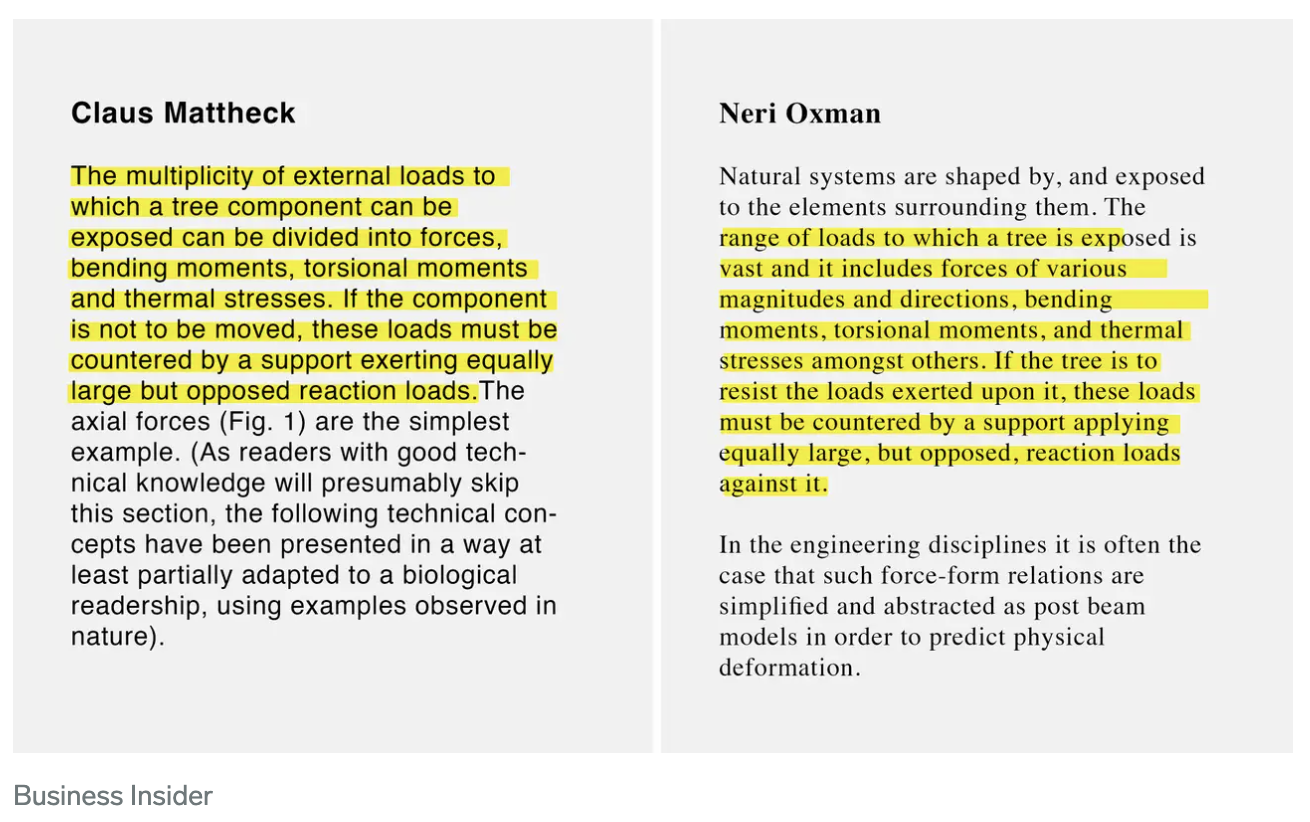
This
is,
by
the
way,
more
sloppy
than
pernicious.
She
cites
Mattheck
elsewhere
so
it’s
not
like
she’s
trying
to
lift
those
ideas
without
attribution.
Many
of
the
examples
turned
up
by
BI
include
citations,
but
just
not
quotation
marks.
Though,
here’s
the
thing…
when
Claudine
Gay
did
this,
Ackman
declared
it
a
fireable
offense.
Goose,
meet
Gander.
And
at
least
Gay
wasn’t
copying
from
Wikipedia.
Which,
whatever
you
think
about
plagiarism
—
and
there
are
very
sound
arguments
that
plagiarism
a
dumb
thing
to
obsess
over
—
is
just
embarrassing.
Ackman
took
the
accusation
about
his
own
hypocrisy
in
stride.
Just
kidding,
he
went
ballistic. This
is
one
of
several
rants Ackman
has
posted
on
this
subject
over
the
last
week:
A
fun
fact:
Spoiler:
this
will
not
be
a
fun
fact.
Our
lawyers
used
the
Wayback
Machine
to
check
@MIT’s
plagiarism
policy
back
when
Neri
wrote
her
thesis
in
2009.
Note
that
he
suggests
that
he
has
lawyers
here.
This
will
come
up
later.
It
turns
out
that
MIT’s
academic
integrity
handbook
did
not
require
citation
or
even
mention
Wikipedia
until
2013,
four
years
after
Neri
wrote
her
dissertation
and
used
Wikipedia
for
the
definitions
of
15
words
and/or
terms.
Bear
in
mind
that
2009
was
still
pretty
early
days
for
Wikipedia.
Do
plagiarism
policies
need
to
name
every
possible
source?
It
seems
like
“don’t
copy
stuff
without
attribution”
is
a
bit
of
a
catch-all,
isn’t
it?
Skipping
over
76
more
words
—
unlimited
character
posts
must
be
stopped!
—
Ackman
continues:
What
are
the
chances
that
Business
Insider
examined
the
MIT
handbook
“as
far
back
as
2007”
and
didn’t
notice
that
there
was
no
requirement
to
cite
Wikipedia
nor
was
it
even
mentioned
until
April
4,
2013
when
the
following
language
was
added:
“Wikipedia
is
Not
a
Reliable
Academic
Source
This
is
NOT
helping.
When
your
argument
hinges
on
the
idea
that
until
2013
the
jury
was
out
on
whether
a
crowd-sourced
database
could
be
“a
reliable
academic
source,”
you’re
not
winning.
Skipping
ahead
AGAIN…
To
be
clear,
Neri
did
not
use
Wikipedia
as
a
source,
but
only
for
the
definitions
of
15
words
and/or
terms
for
her
dissertation.
That’s…
what
the
word
“source”
means?
According
to
the
Cornell
Law
Legal
Information
Institute:
In
order
to
prove
“prima
facie
defamation,”
“a
plaintiff
must
show
four
things:
1)
a
false
statement
purporting
to
be
fact;
2)
publication
or
communication
of
that
statement
to
a
third
person;
3)
fault
amounting
to
at
least
negligence;
and
4)
damages,
or
some
harm
caused
to
the
reputation
of
the
person
or
entity
who
is
the
subject
of
the
statement.”
Right.
It
also
requires
actual
malice
when
the
subject
is
a
public
figure.
When
folks
pointed
that
out,
Ackman
tweeted,
“.@NeriOxman
is
not
a
public
figure.
She
is
an
intensely
private
person
married
to
a
public
figure.”
Swing
and
a
miss.
Public
figures
do
not
have
to
have
voluntarily
inserted
themselves
into
a
conversation.
Oxman
got
dragged
into
this
when
Ackman
decided
to
use
plagiarism
as
his
justification
to
wage
war
on
Claudine
Gay.
Even
if
Ackman
hadn’t,
a
court
would
most
likely
find
Oxman
a
public
figure
at
least
for
the
purpose
of
academic
ethics
claims
because
she
is
definitely
a
prominent
figure
within
academia.
Remember
how
Ackman
said
up
top
that
he
had
lawyers?
Have
they
not
explained
this?
This
leads
me
to
a
few
question
for
the
@X
legal
community.
Dude,
I
know
rates
are
up,
but
you
can
afford
a
real
lawyer
before
crowdsourcing
this
one.
On
the
other
hand,
this
is
a
family
who
really
loves
Wikipedia
so
maybe
crowdsourcing
is
just
their
thing.
This
dweeb
wrote
over
4000
words
about
how
diversity
is
destroying
the
world
by
elevating
people
“not
qualified
to
serve
in
that
role”
and
then
goes
to
“THE
@X
LEGAL
COMMUNITY”
instead
of
picking
up
the
phone
and
calling
an
actual
defamation
lawyer?
Anyway,
a
lawyer
would
tell
Ackman
all
about
the
public
figure
problem.
They’d
also
explain
that
it’s
a
problem
for
a
defamation
claim
when
he’s
publicly
(and
at
length)
admitting
that
the
FACT
of
the
copied
passages
alleged
by
BI
is
true,
but
that
he
just
doesn’t
think
it
should
constitute
“plagiarism.”
And
they’d
definitely
let
him
know
that
the
lawsuit
he’s
describing
in
this
and
other
posts
is
just
a
SLAPP
suit.
But
most
importantly,
a
real
lawyer
would
tell
him
that
all
of
these
posts
are
just
making
it
worse.
Entering
“Neri
Oxman”
on
a
search
engine
now
delivers
a
bunch
of
hits
about
“plagiarism”
which
is
exactly
what
he
doesn’t
want
to
be
teaching
the
algorithm.
Even
if
some
cognizable
defamation
claim
exists
here
—
and
it’s
not
apparent
that
it
does
—
scrolling
Ackman’s
social
media
provides
a
ton
of
troublesome
admissions
that
would
undermine
a
future
case.
Sometimes
lawyers
aren’t
just
there
for
the
“legal”
advice.
Telling
someone
to
stop
making
their
wife
famous
for
all
the
wrong
reasons
is
sage
counsel
too.
 Joe
Joe
Patrice is
a
senior
editor
at
Above
the
Law
and
co-host
of
Thinking
Like
A
Lawyer.
Feel
free
to email
any
tips,
questions,
or
comments.
Follow
him
on Twitter if
you’re
interested
in
law,
politics,
and
a
healthy
dose
of
college
sports
news.
Joe
also
serves
as
a
Managing
Director
at
RPN
Executive
Search.

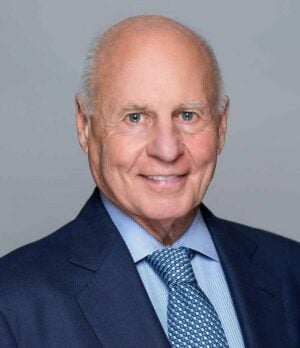
 Jill
Jill





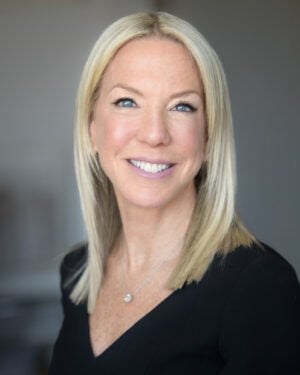




 Chris
Chris
